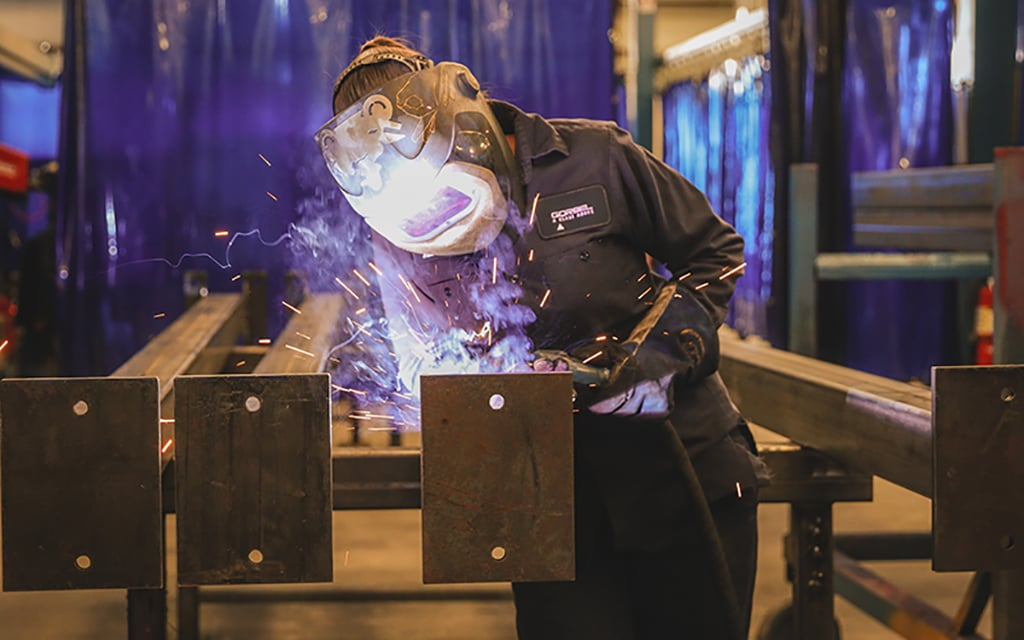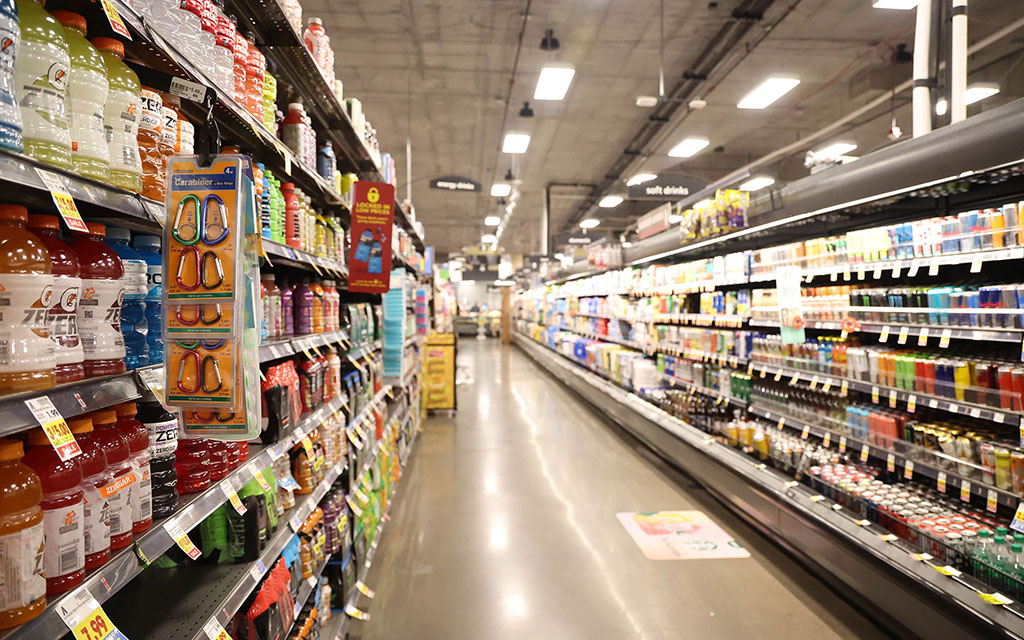
Arizona’s unemployment rate is at one of the lowest levels in decades and workers are in short supply, which is helping push up wages, experts say. That has partially offset stubborn inflation, which has fallen from last year’s high but is still eating into any gains workers are making. (File photo by Thalia M. España/Cronkite News)
WASHINGTON – Arizona’s unemployment is at the lowest rate in decades, there are more jobs than workers available to fill them and salaries are inching up, all of which should be good indicators for workers this Labor Day.
Experts say – it depends.
While a tight labor market has put workers in the driver’s seat, lingering inflation is chipping away at any salary gains and Arizona’s political climate makes it hard for unions to gain traction.
But overall, economists say, the outlook is positive.
“Arizona’s unemployment rate has been at or below all-time lows going back to 1976 recently,” said George Hammond, an economist in the University of Arizona’s Eller College of Management. “What that tells us is that the labor market is very tight. Which means that employers are really struggling to hire.”
Arizona had 193,000 job openings in June, when there were 125,000 people without jobs, for a rate of 0.7 potential workers for every job, according to data from the Bureau of Labor Statistics.
More than 3.5 million Arizonans had jobs in June, for an unemployment rate of 3.6% that month, a rate that has been hit only a handful of times in the state since 1976. June’s jobless rate is well below the state’s long-term average unemployment of 6.1%, and just over a quarter of the record-high 13.8% rate posted in April 2020, at the onset of the COVID-19 pandemic.
The post-pandemic return of the labor market also brought some unexpected benefits for workers: The number of employees who work at home tripled between 2019 and 2021, according to the Census Bureau.
The post-pandemic economy brought something a little less savory for workers: A spike in inflation that is only now starting to level off. That has led to “a gap between how wages are increasing and the cost of living.” said Connor Magnuson, a professor at Grand Canyon University College of Business.
“Taking a look at some data by the Bureau of Labor Statistics, it looks like we are seeing an increase in wages of about 4.3%,” Magnuson said. “Even though that sounds great, what we’re finding is that the dollars of our workers are continuing to go less and less far.”
The consumer price index for the Phoenix/Scottsdale/Mesa area rose 4.4% from June 2022 to this June, while inflation nationwide rose 3.2% during the same period.
Still, those numbers were well below the 13% inflation rate seen in the Phoenix area last summer. And it was buffered in part by increasing wages: The BLS said earnings nationwide grew 5.7% from the second quarter of 2022 to the second quarter of this year.
One other metric for worker welfare is union membership, which grew in Arizona in recent years – but at a glacial pace. The BLS said union membership inched up from 5.4% in 2021 to 5.5% in 2022 in Arizona, a right-to-work state where unions have historically struggled. Nationally, union members made up 10.1% of the labor force in 2022.
“Focusing on tightening the unions in Arizona is imperative to ensure that we have a strong economy and that we have people to fill those positions in various industries,” said Joanna Mendoza, the executive director of the Arizona Center for Economic Progress.
But Magnuson and others said the state’s overall strong economy is likely to help workers with whatever challenges remain.
“In the future, it does appear that Arizona’s outlook is relatively rosy,” Magnuson said. “If we take a look at some of that information there from the Office of Economic Opportunity, we should be seeing a 2.2% growth in the number of jobs that we have available here in Arizona.”


